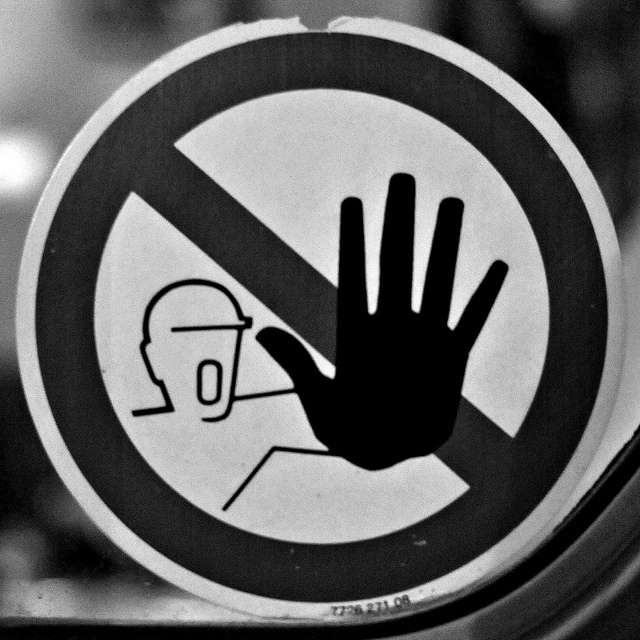Anyone who is mapping your genomes now, may actually tell you if any genetically identifiable disease is written into your genes. Whether you like it or not. Some folks think that this is not a good thing – and argue that these guidelines are bad.
Is it a doctor’s responsibility to tell you if a disease is written on your genetic code? And if so, do you really want him or her to tell you?
Thanks to new guidelines by the American College of Medical Genetics and Genomics, this may soon be a reality for many Americans. Last week, the national organization — made up of genetics specialists — published a report urging doctors who sequence a patient’s full set of genes to also test them 24 genetic conditions, and alert the patient, regardless of the patient’s wishes to know or not.Arthur Caplan, head of the Division of Medical Ethics at the NYU Langone Medical Center sees the new guideline as potentially problematic.
Inga Barnello was genetically tested for breast cancer 12 years ago, and would love to know the 24 diseases that she might have. But she’s not sure that doctors should, as a practice, give this information to patients unless they ask for it.
There are issues of whether you can handle the news or not. And also, that these kind of results are more probability as opposed to certainty.
Personally I find the arguments of these guys rather nonsensical. Hiding that some disease would – with highly probability – hit you, is only going to prolong the preventive actions.
Featured Image Credit: flickr






















